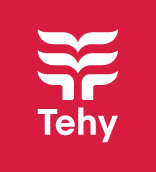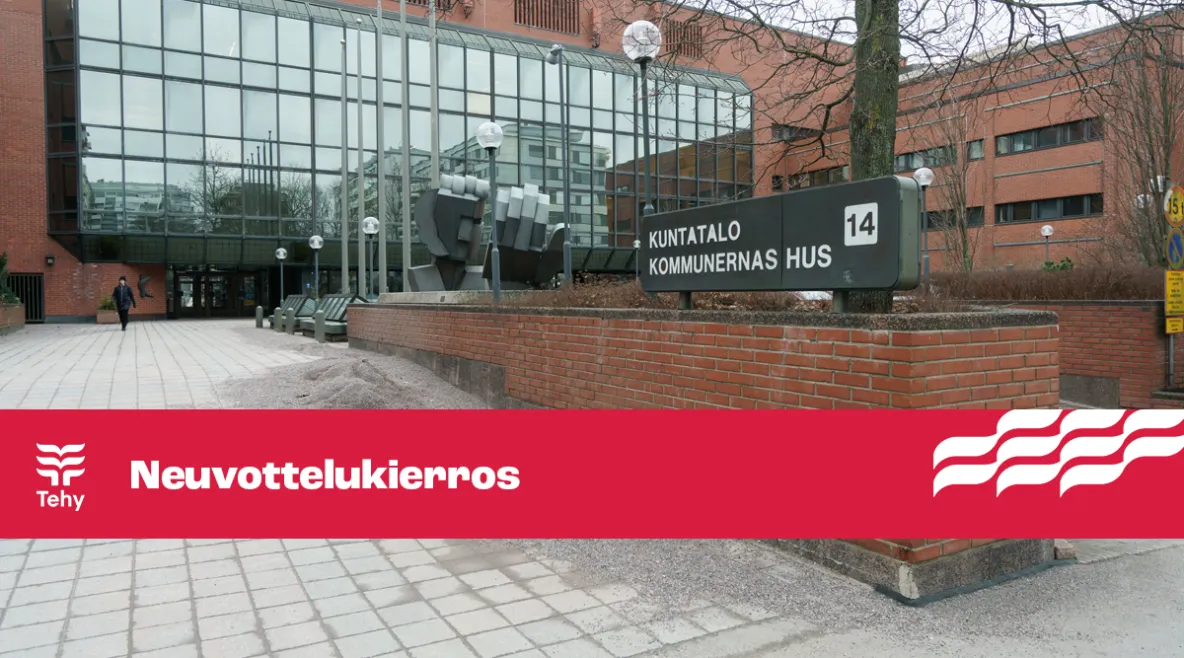Agreement-based pay increases in 2025–2028 (SOTE, KVTES and HYVTES)
| 1 October 2025 | 2,5 % | across-the-board increase or at least EUR 53 |
| 1 August 2026 | 2,27 % | across-the-board increase |
| 1 October 2026 | 0,2 % | allowance for locally agreed increases |
| 1 April 2027 | 2,0 % | across-the-board increase |
| 1 April 2027 | 0,4 % | allowance for locally agreed increases |
Development programme concerning the pay structures and systems of municipalities and wellbeing services counties 2026–2028 (SOTE, KVTES and HYVTES)
| 1 October 2026 | 0,4 % | allowance for locally agreed increases |
| 1 April 2027 | 0,4 % | allowance for locally agreed increases |
| 1 February 2028 | 1,0 % | allowance for locally agreed increases |
Furthermore, the following increases have already been or will be made in 2025 in accordance with the pay programmes agreed upon in 2022
| 1 February 2025 | 2,5 % | allowance for locally agreed increases (SOTE agreement) |
| 1 February 2025 | 2,0 % | allowance for locally agreed increases (HYVTES) |
| 1 February 2025 | 0,35 % | allowance for centrally agreed increases (KVTES) |
| 1 June 2025 | 0,4 % | allowance for locally agreed increases (HYVTES) |
| 1 June 2025 | 0,45 % | allowance for locally agreed increases (KVTES) |
| 1 June 2025 | 0,8 % | allowance for locally agreed increases (SOTE agreement) |
| 1 November 2025 | 2,0 % | allowance for locally agreed increases (SOTE agreement) |
| 1 November 2025 | 1,0 % | allowance for locally agreed increases (HYVTES) |
| 1 November 2025 | 0,4 % | allowance for centrally agreed increases (HYVTES) |
Furthermore, employees under the SOTE agreement will be paid a lump sum of EUR 140 and employees under HYVTES will be paid a lump sump of EUR 76 in connection with their wage payment in August 2025.
Total average pay increases in 2025–2028
Wellbeing services counties: 14.47% SOTE and 12.97% HYVTES
Municipalities: 9.97% KVTES
The higher increases to be paid in wellbeing services counties are due to the supplementary pay programmes agreed upon in 2022 for the SOTE agreement and HYVTES, which cannot be dismissed.
“Pay increases higher than those granted for the male-dominated private sectors are necessary for the promotion of pay equality. I am happy that the gender equality work started in 2022 will continue during this agreement period as well and that the efforts of the Confederation of Finnish Industries and the Finnish Government to prevent this development proved unsuccessful,” says Tehy President Millariikka Rytkönen.
The new collective agreements also improve the quality of working life through text amendments, with provisions developed especially as regards employees who are pregnant, have recently given birth or using family leave. For the first time in Finland's history, the collective agreements ensure the right of persons who have given birth to breastfeed during working hours, as required by the International Labour Organization ILO’s Maternity Protection Convention.
“It is disgraceful that Finland has not ratified the ILO’s Maternity Protection Convention. As a result, our legislation does not safeguard the right to breastfeed or to pump milk during working hours. Now, public sector employers are paving the way and enabling family leave to be distributed evenly between parents not only in theory, but in practice as well, as employees are allowed to breastfed or pump milk during working hours while their duties allow. This is a notable act of equality on the part of Local Government and County Employers KT and I am proud of this positive step in terms of breastfeeding,” Rytkönen says.
In addition, the new SOTE agreement signifies the start of work towards reforming working hours. The new agreement allows employees who work at night to locally agree on pilots in which their average weekly working time is reduced to 36 hours without reducing their pay.
“Reforming the working time system does not happen overnight, and we are pleased that the pilot provisions and development work to be carried out during the agreement period allow the work on the reform to proceed. The reform of the pay system is already in the final stages following over three years of work,” says Tehy Executive Director Else-Mai Kirvesniemi.
Several working groups were also set up for the duration of the agreement period to prepare improvements to the next collective agreement. The most notable of these are the working group set up to assess and engage in negotiations on whether the traineeships included in social welfare and health care studies should be paid and the working group set up for the purpose of examining and issuing a recommendation on work clothing and protection practices in early childhood education and care.
The management of Tehy, the other main agreement organisations and Local Government and County Employers KT today approved the negotiation result achieved on 2 May 2025 on collective agreements for the agreement period of 1 May 2025–29 February 2028.
Enquiries:
Tehy President Millariikka Rytkönen, requests for interview through Special Advisor Mila Huovinen, [email protected], tel. +358 (0)400 540005.
Tehy Executive Director Else-Mai Kirvesniemi [email protected], tel. +358 (0)50 346 0847.

